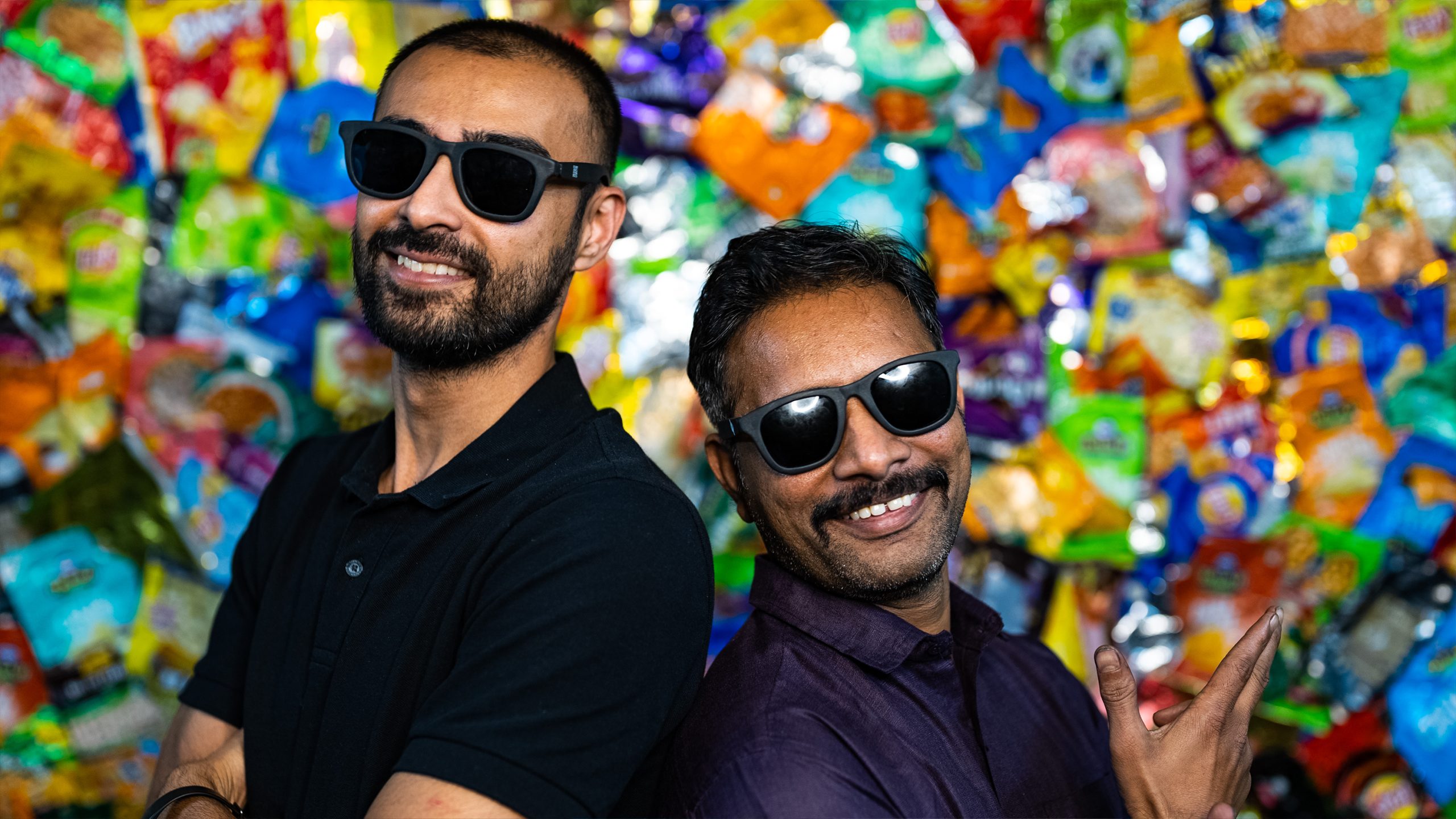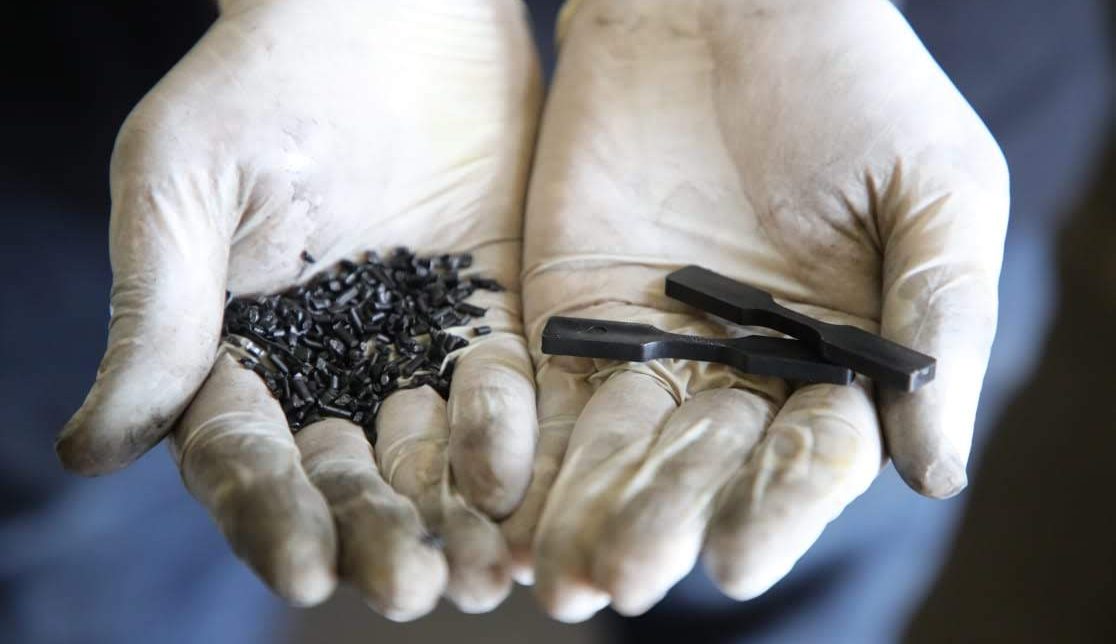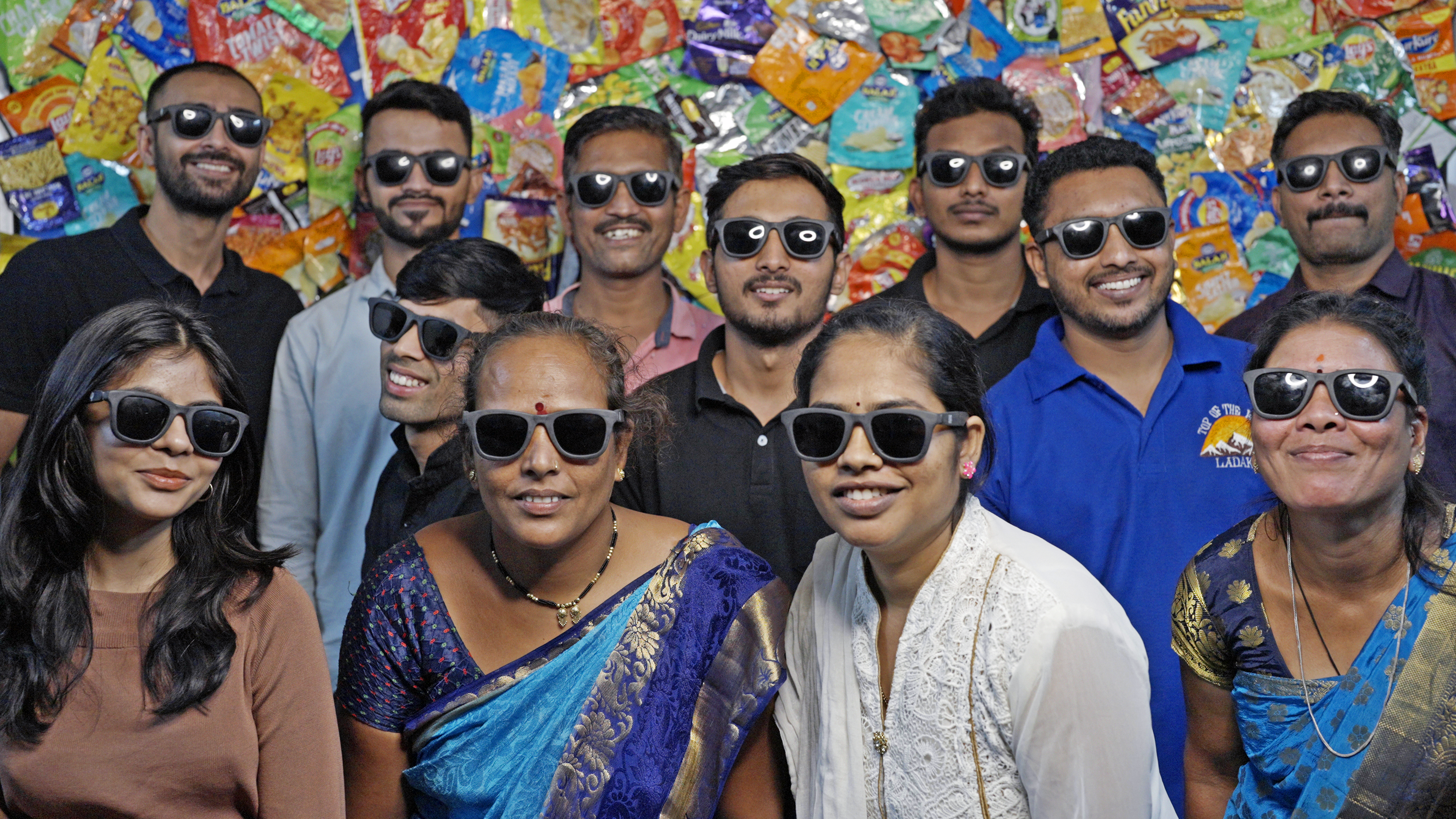Ashaya
India-based start-up Ashaya focuses on increasing the value of waste, especially waste that is usually hard to recycle and ends up mostly in landfills - metalized multi-layered plastic packaging (MLP). Through innovative mechanical and chemical recycling processes the start-up turns this waste into high-quality materials and products that are more recyclable. Ashaya started first with recycled sunglasses and created a new brand “WITHOUT™” for this premium product. Offering a premium product allows them to then fairly redistribute that value to supply chain stakeholders, particularly the poorest: waste-pickers. For these reasons, the start-up was awarded as one of the best start-up solutions in the frame of the ISC3 Sustainable Chemistry Club and has been chosen as ISC3 Start-up of the Month for May 2023.
Year of Foundation:
2021
Addresses the following SDGs:
SDG 1 (zero poverty), SDG 11 (sustainable cities and communities), SDG 12 (responsible consumption and production)
Website




